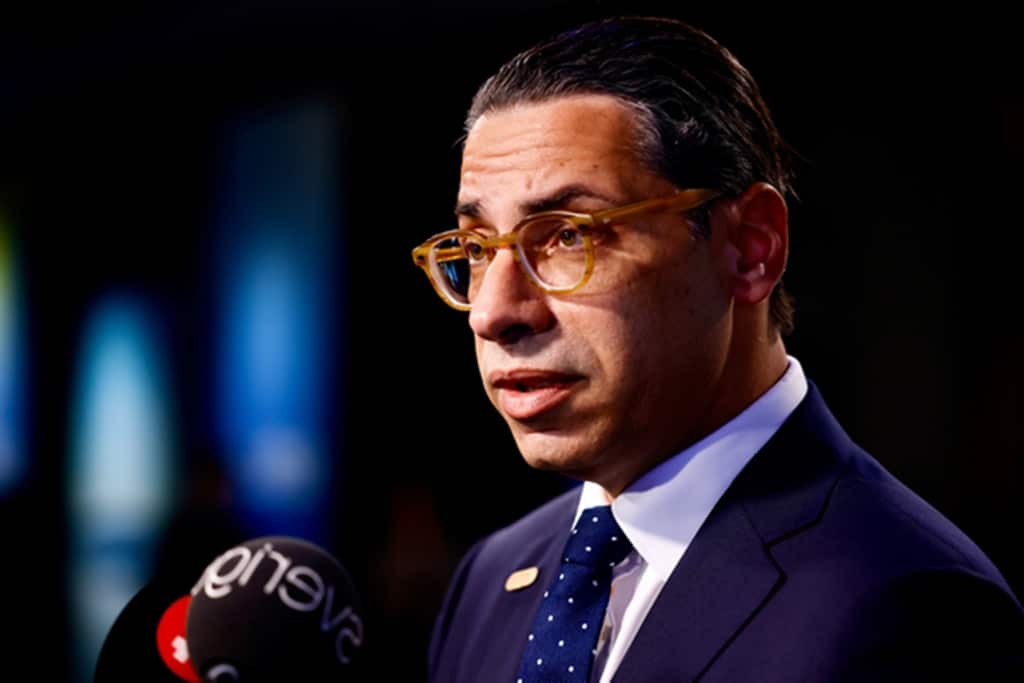Foreign Minister Constantinos Kombos on Tuesday stressed the necessity to fully commit to the United Nations Charter after his meeting with his Kazakh counterpart Murat Nurtleu in Astana, adding that a two-state solution to the Cyprus problem proposed by the Turkish Cypriot leadership “cannot be accepted.”
He also thanked Kazakhstan for its principled stance and dedication to international community values based on law.
According to a statement released by the foreign ministry, during the meeting Kombos and Nurtleu exchanged views on a range of bilateral and global issues and evaluated the level and depth of bilateral relations between Cyprus and Kazakhstan in a bid to explore ways to further strengthen and enhance them.
Specifically, Kombos and Nurtleu agreed that there is “untapped potential that must be fully exploited by expanding the scope of economic activity”.
“For this purpose, we are planning to organise a business forum with representatives of both countries, which will target specific audiences based on identified priority sectors,” Kombos said.
Regarding flights between the two countries, he said that access from Cyprus to Kazakhstan is still an issue and “a deterrent factor, both the economy and the tourism industry”.
To address the latest issue, Kombos signed a Memorandum of Understanding between the aviation authorities of Kazakhstan and Cyprus, which will allow for the establishment of direct air links between the two countries and pave the way for the conclusion of an Air Services Agreement.
Furthermore, he he briefed his Kazakh counterpart on the latest developments regarding the Cyprus problem.
“We are at a critical juncture,” he said. “For this purpose, we appreciate Kazakhstan’s principled stance and commitment to international community values based on law.”
In turn, Kombos was briefed by Nurtleu on developments in Afghanistan, as well as on Kazakhstan’s concerns and ways to improve a situation that rapidly deteriorated in 2020.
He also said that the principles of humanity and human dignity are being tested today in the Middle East, with tragic losses among civilians, which increase daily due to terrorism and the use of hostages.







Click here to change your cookie preferences